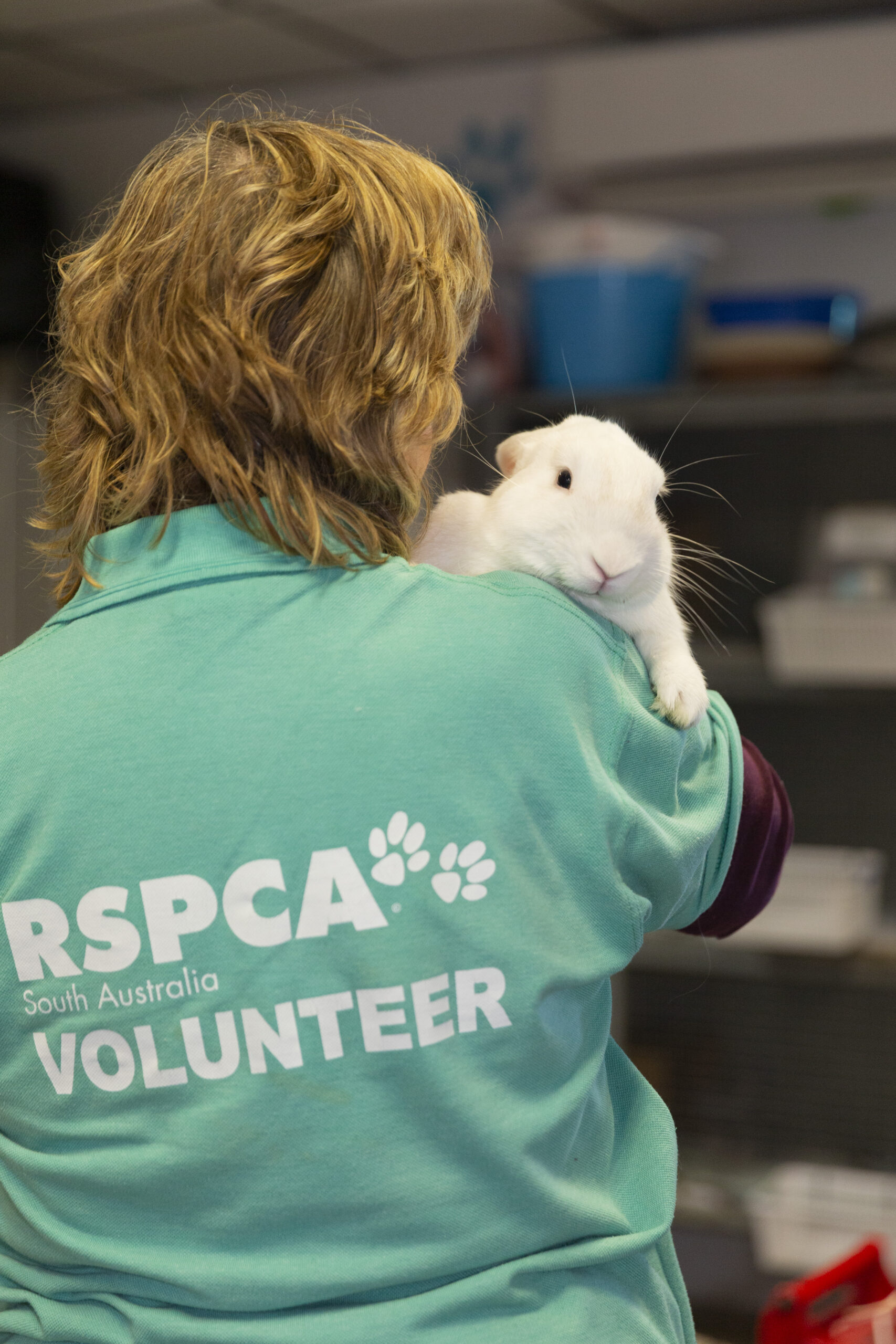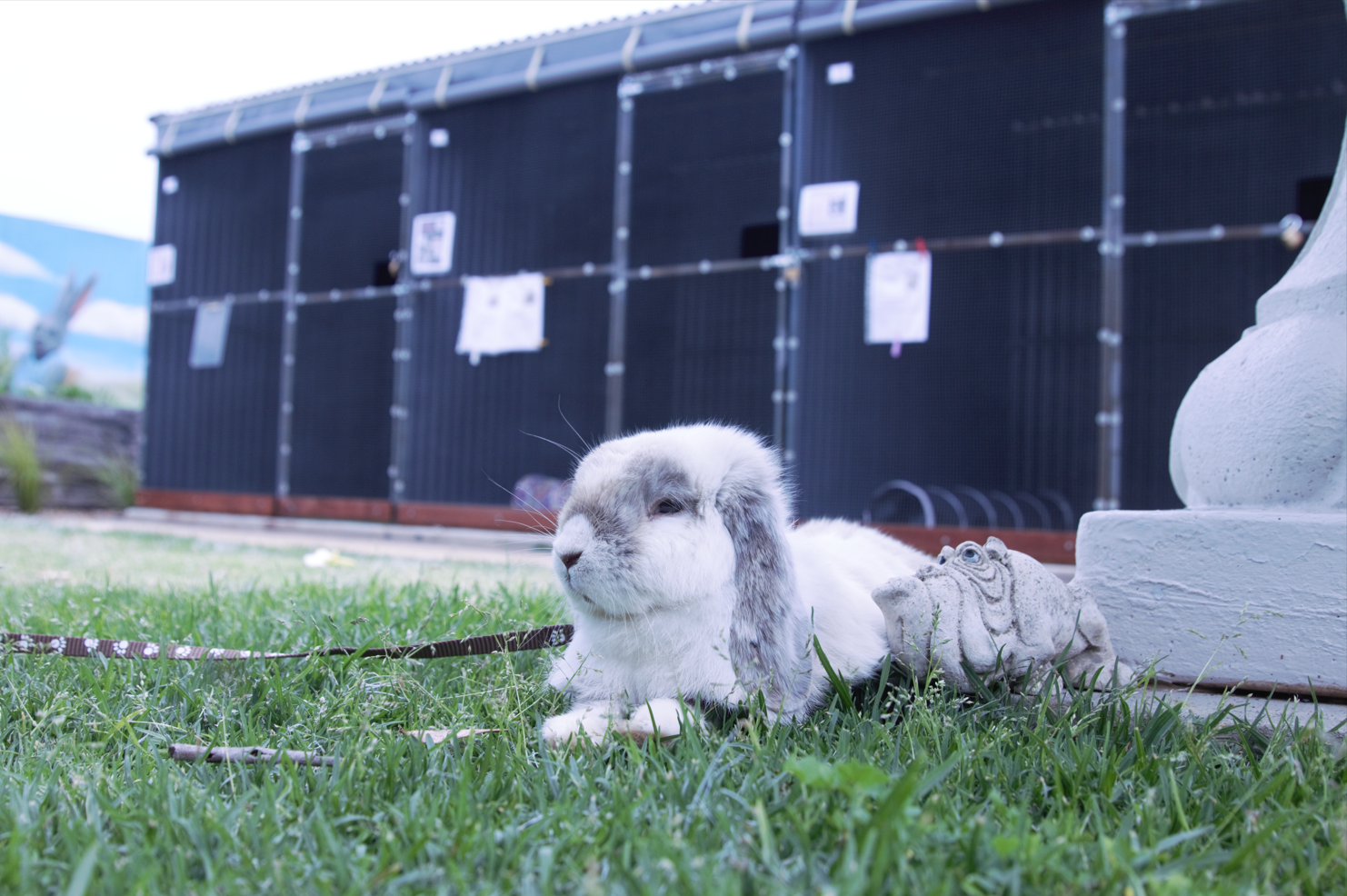Thinking about adopting a pet rabbit for your kid/s?
While the bond between a child and its pet is precious and can teach valuable life lessons around empathy, responsibility and care, it is important to do your research before welcoming a furry friend into your heart and home. Like children, pets have unique needs and as pawrents, it is your job to ensure these needs are met on a daily basis.

New research on rabbits as 'starter pets' for kids
New rabbit research conducted in a Danish population and published by Cambridge University Press found that when rabbits were purchased as 'starter pets' for children, they were often found to be housed in inadequate living conditions and neglected, compromising the animal's welfare.
These conditions included:
- Housed alone and in enclosures that are too small
- Not checked daily
- Insufficient food supply
- Inadequate attention paid to their routine health requirements

Inadequate care can negatively impact rabbit welfare
A driving factor behind these results was the common misconception that rabbits are low maintenance and low investment 'starter pets', hence they do not require the same level of care as other companion pets, with young children often fulfilling the role of the rabbit's main caretaker.
Understandably, young children are prone to thinking of rabbits as fluffy toys and can be quite rough with how they handle them, causing rabbits to become fearful and respond in an aggressive manner.
Historically, limited studies on rabbits as companion pets have been carried out, but the few that have all found that inadequate care can make rabbits more vulnerable to health issues and reduce their lifespan by almost half. It is important to note that a healthy rabbit can live 8-14 years, so in order to be a responsible rabbit pawrent, you need to be in it for the long haul.
What do rabbits need to be happy and healthy?
Though they are smaller in size compared to other domestic animals such as dogs and cats, rabbits are still highly intelligent, social, curious and sensitive creatures, and they require the same love and care as any other pet.
- The essential three: fresh food, water and shelter
- Ample space to exercise, have fun and stretch their legs
- Appropriately sized housing that is safe from predators
- Regular interactions with people
- Training and enrichment toys/activities
- Regular veterinary care and daily checks (in Australia, rabbits should be vaccinated every six months to protect them against calicivirus)

Rabbits are social butterflies
Rabbits are incredibly sociable creatures and they do not enjoy living solitary, which is why it is so important that rabbits be housed in bonded pairs. For this very reason, RSPCA South Australia only adopt rabbits out in bonded, desexed pairs unless the adopter already has a rabbit at home, in which case, careful introductions are to be followed.

Education and awareness required to change rabbit misconceptions
The report suggested that implementing initiatives such as education programs, official codes of practice, and guidelines stressing the required level of investment and resources for companion rabbit welfare, could help correct the common misconceptions surrounding our furry friends.






